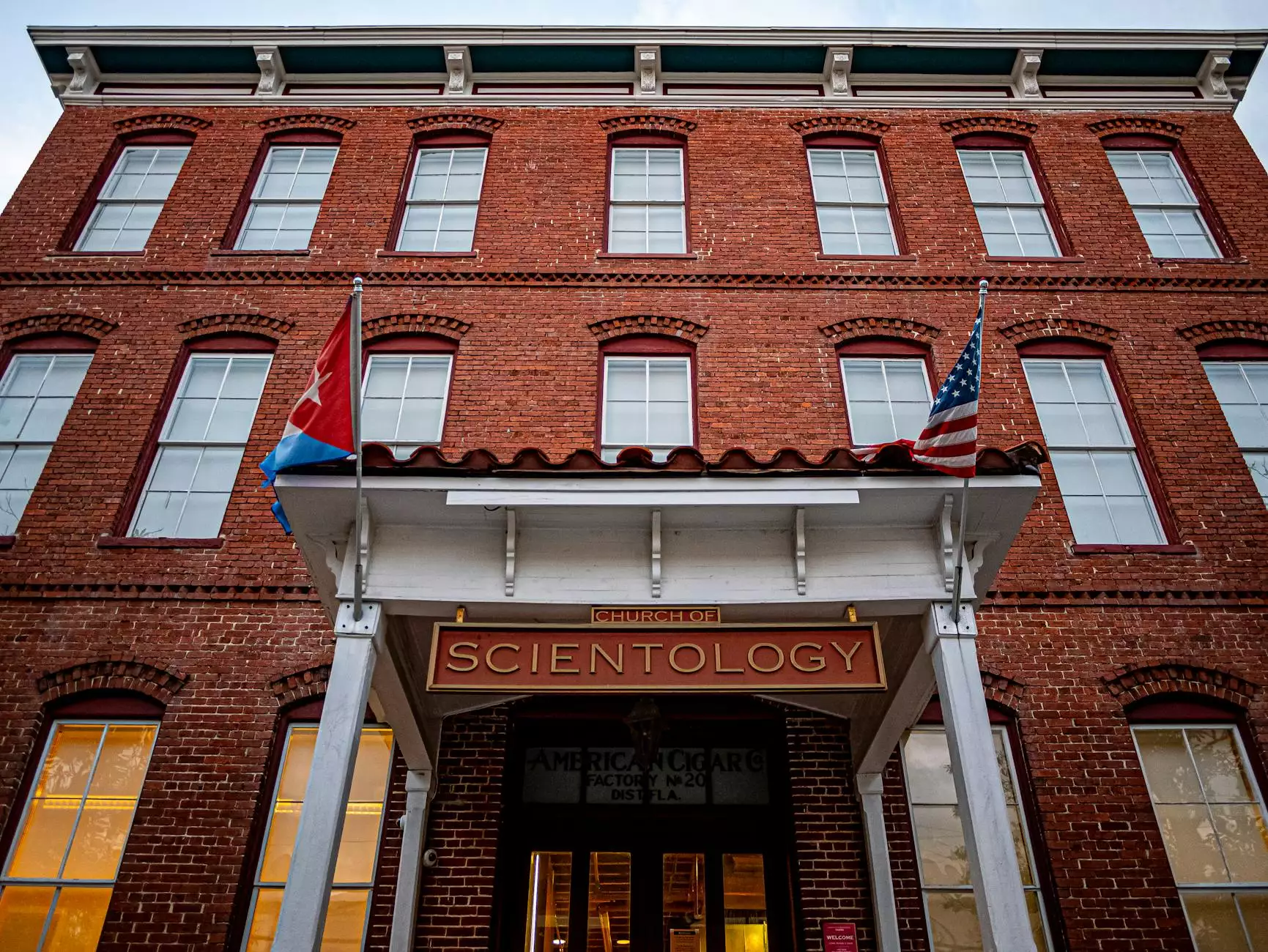Scientology: Its Background and Origins
About
Introduction
Welcome to Offstein Educational Therapy, your trusted source for comprehensive information about various subjects including Scientology. In this guide, we will delve into the background and origins of Scientology, providing you with valuable insights and detailed knowledge about this controversial subject.
What is Scientology?
Scientology is a religious movement and system of beliefs that was founded in the early 1950s by science fiction writer L. Ron Hubbard. It is based on his book "Dianetics: The Modern Science of Mental Health" which serves as the fundamental text of the religion. Scientology claims to offer a precise path to spiritual enlightenment and self-improvement through a series of teachings and practices.
The Origins of Scientology
The origins of Scientology can be traced back to the early life of L. Ron Hubbard. Born in 1911, Hubbard had a diverse background and pursued various interests including writing, exploration, and self-improvement.
After serving in the military during World War II, Hubbard delved into the field of self-help and self-improvement, developing his own theories and practices that would later form the basis of Scientology.
The Development of Dianetics
In 1950, L. Ron Hubbard published "Dianetics: The Modern Science of Mental Health," a groundbreaking book that introduced the concept of the human mind as a "reactive mind" that stores painful experiences, leading to negative thoughts and behaviors. Hubbard proposed that through Dianetic therapy, individuals could rid themselves of these negative influences, achieving a state of mental clarity and heightened spiritual awareness.
This book gained significant attention and quickly became a bestseller, attracting a following of individuals who were seeking answers to life's challenges and looking for a way to overcome their limitations.
Core Beliefs and Practices
Scientology is a complex belief system with its own unique terminology and concepts. While the specifics of Scientology teachings are often kept confidential, here are some of the core beliefs and practices associated with the religion:
Thetan and the Dynamics
According to Scientology, each person is an immortal spiritual being, referred to as a "thetan." Thetans are believed to have lived through multiple past lives and are capable of reincarnation. The religion also recognizes various "dynamics" that represent the different aspects of life, including self, family, groups, mankind, and the universe.
Auditing
Auditing is a central practice in Scientology, where an individual engages in a one-on-one session with an auditor. The auditor uses specific techniques to help the individual uncover and address past traumas or negative experiences that may be holding them back in their current life.
Through repeated auditing sessions, individuals aim to achieve a state of "clear," which is considered a major milestone in Scientology. The state of clear is characterized by increased self-awareness and the ability to separate oneself from the reactive mind.
The Bridge to Total Freedom
Scientology teaches that spiritual advancement occurs on "The Bridge to Total Freedom," which consists of a series of courses and levels. Each level builds upon the knowledge and skills gained in the previous level, guiding the individual towards spiritual enlightenment and liberation.
Controversies Surrounding Scientology
While Scientology has attracted followers around the world, it has also been a subject of controversy. Critics of the religion raise concerns about its practices, its treatment of members, and its status as a religion.
Some ex-members have raised allegations of abuse and authoritarianism within the organization. Additionally, the Church of Scientology has faced legal challenges and controversies in several countries, leading to extensive public scrutiny.
Conclusion
Understanding the background and origins of Scientology is essential for gaining a comprehensive perspective on this fascinating subject. At Offstein Educational Therapy, we strive to provide you with accurate and detailed information to broaden your knowledge and deepen your understanding of various topics. Whether you agree or disagree with the teachings of Scientology, our aim is to offer a valuable resource for your personal exploration and education.










